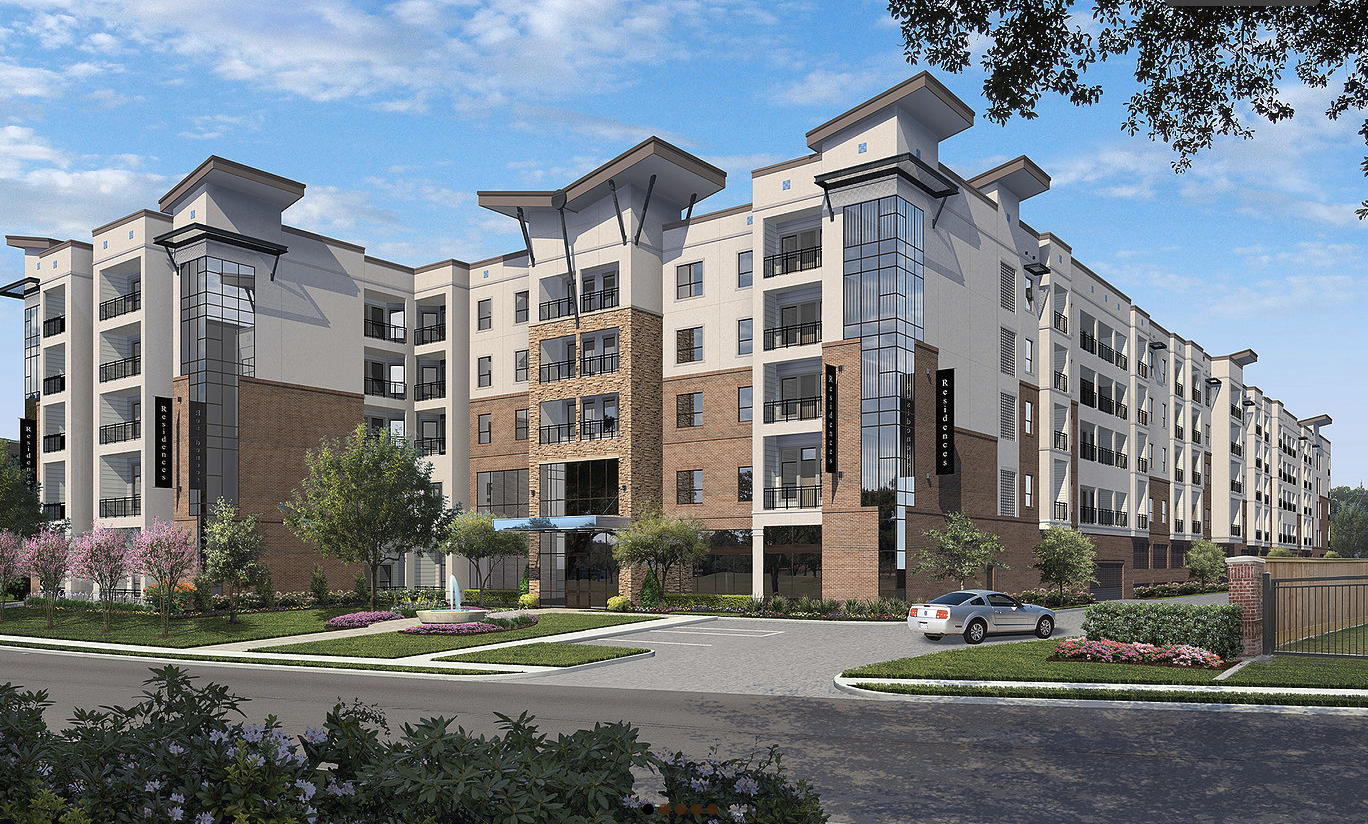More than twice as many people applied to get on the waiting list for public housing vouchers than there were spots available, according to the Houston Housing Authority.
The agency recently opened its waitlist for the first time in four years. After having cleared the previous waiting list created in August 2012, it reopened the list for one week -- starting September 19 -- with room for 30,000 new names. Closed Sunday, the list received 68,831 applications, according to Mark Thiele, vice president of the authority's Housing Choice Voucher Program, which provides rental assistance to low-income families, seniors and people with disabilities who use their vouchers to rent apartments in the private market.
Tomorrow, that list will be whittled down to 30,000, chosen by lottery.
"We will begin serving the list soon, and some folks will have new homes this year," Thiele said.
Others, however, may have to wait up to five years -- the estimated time necessary to work through the latest waiting list as finding apartments that accept the vouchers can be a difficult process.
The demand for the slots illustrates just how pressing an issue affordable housing is for many Houston families, and how the resources available to address the issue often fall well-short of the demand.
As cities across the country face an affordable housing shortage, Houston Mayor Sylvester Turner appointed a new director of housing for the city, but he has also come in conflict with the Houston Housing Authority's efforts to locate a new 233-unit public housing development in the wealthy Galleria area when he refused to move the project forward to a city council vote.
Turner urged the Housing Authority to look at other locations in the area while also insisting that it should focus on new developments in low-income communities that wouldn't require families to leave their neighborhoods. The spat prompted the U.S. Department of Housing and Urban Development to launch an investigation of whether the city's approach to affordable housing violates the Civil Rights Act.
Across the city, the Housing Authority estimates that some 400,000 families qualify for the federally subsidized housing assistance. About 75 percent of the people who live in the Housing Authority's properties are African-American, and 15 percent are Hispanic. Over time, they've been concentrated in racially segregated neighborhoods "that lack opportunity, transportation, strong schools, and access to jobs," according to the National Low Income Housing Coalition.
Vouchers -- seen as more flexible in theory -- still present the same challenges in practice.
A recent analysis by Houston Chronicle journalists John Harden and Rebecca Elliott found that just "4 percent of the Houston Housing Authority’s 18,000 current voucher holders live in a 'high-opportunity' ZIP code, with higher rents and better schools, transportation and job access."
But there are efforts to change that. The Housing Authority recently increased voucher amounts to put more expensive neighborhoods, with better access to jobs, transportation and good schools, within reach.

